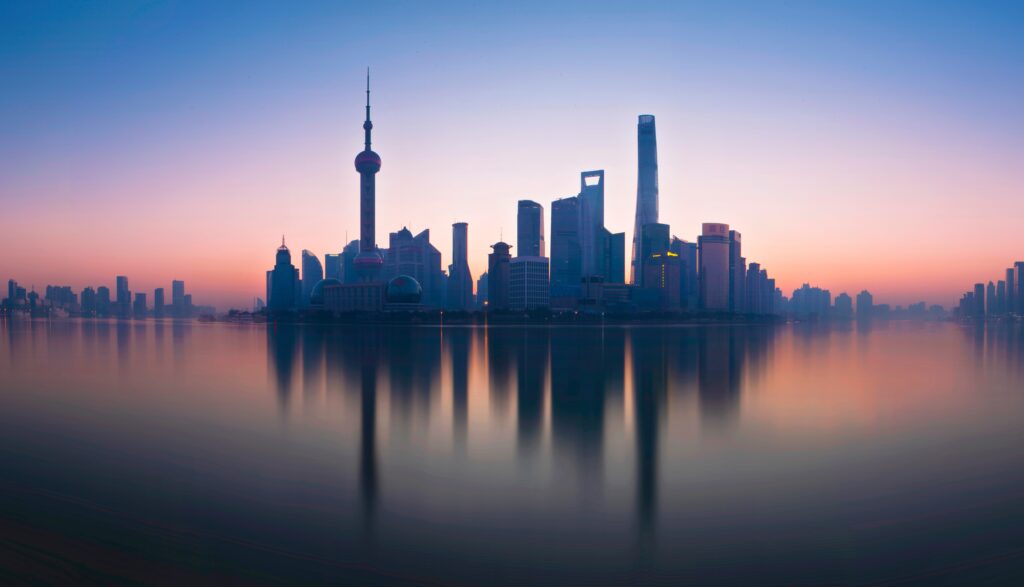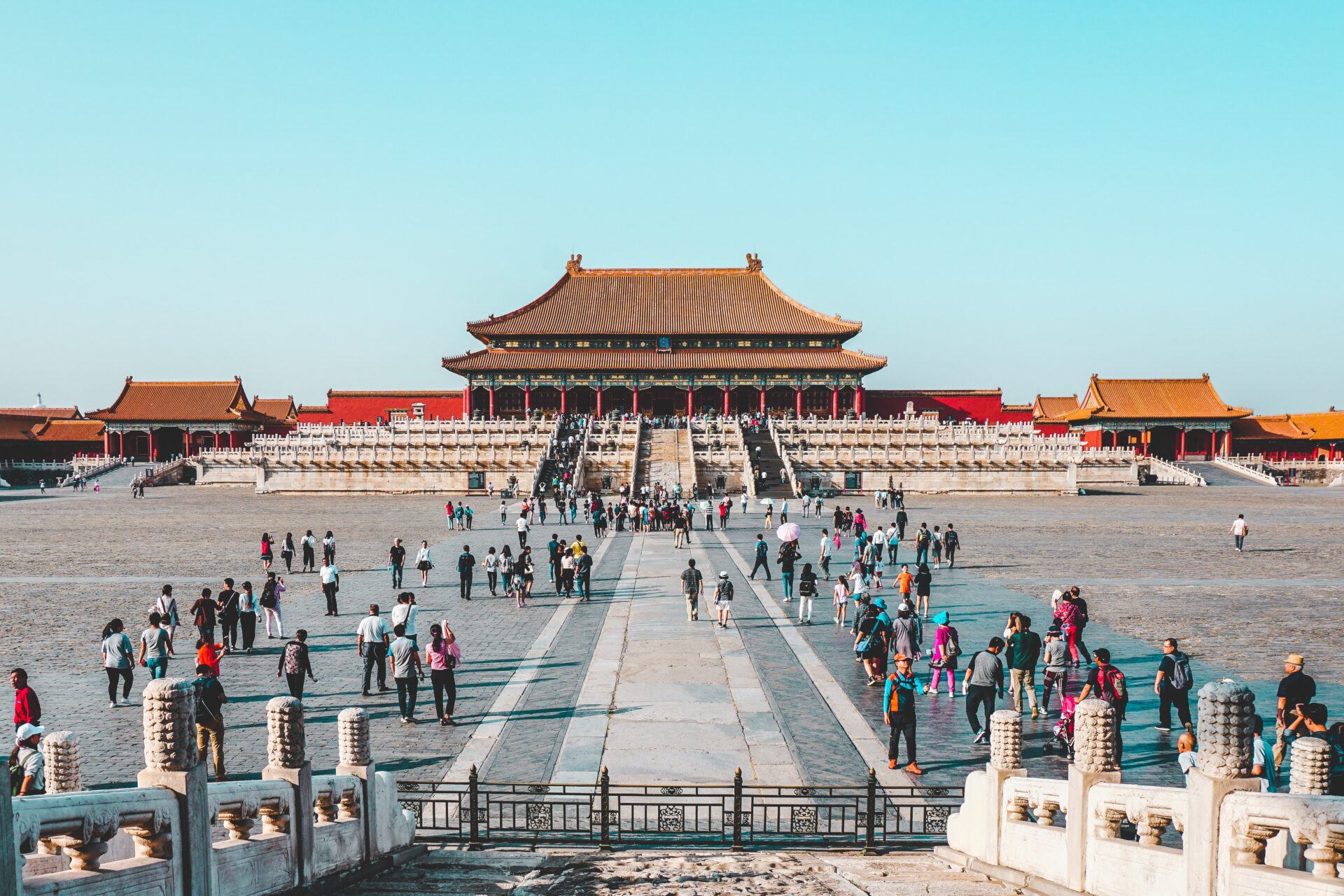Strict “zero covid” curbs have been stunting economic growth. After easing their own rules, Beijing faces the challenge of rising covid caseloads and weary consumers both globally and locally.
For months, investors and C.E.O.s waited anxiously for China to ease up on its Covid restrictions, which burdened the economy and were out of sync with the rest of the world. Stock markets rallied on mere rumors of policy changes. Companies warned that “zero Covid” was hurting business.
Now that China has finally started rolling back its strict mix of mass testing, lockdowns and quarantines, its economy is entering a delicate period when it will face a set of challenges that do not fit neatly with other countries’ experiences during the pandemic. China’s factories, the motor of the country’s commerce with the world, confront weakening demand from key trading partners like the United States and Europe, both of which are staring down possible recessions.
“China’s economy has been hobbled in ways we really don’t understand,” said Han Lin, China country director in Shanghai for the Asia Group, a Washington consulting firm.
In the West, economies recovered quickly when households were freed from pandemic restrictions. Many workers had saved their paycheques while working from home and also socked away government assistance checks. When the threat from Covid receded, consumers began eating out again and snapped up airline tickets and hotel rooms.

“Major companies are really back to normal operations as far as supply chains are concerned,” said Eric Zheng, the president of the American Chamber of Commerce in Shanghai. “They’re more concerned about consumer sentiment — people are less willing to spend.”
Then there is the continuing specter of health crises caused by Covid. Reopening in the West tended to happen after most of the population had been vaccinated with booster shots and highly effective mRNA vaccines, had caught the virus, or both. But that is not true in China.
Less than 1 percent of the population has been infected with Covid, according to official data. Most of the population has been vaccinated, but only with China’s domestic vaccines, which use an older technology that has been found through testing in other countries to be less effective. People over 80, who are most at risk, have the lowest rate of vaccination.
It’s unclear when China might open its borders to international air travelers. A new policy on Wednesday to ease intercity movement may increase spending but also spread illness.
With Christmas arriving soon, “the prime time is over,” he said. “Domestic demand is weak, and it’s too late to sell to foreign markets.”
Don’t get caught out this Christmas season. Your business should be able to rely on software that works with your logistics and supply chain demands, not against them. To find out how ABM can help you be more efficient during these difficult times, contact your channel partner today or contact us.







